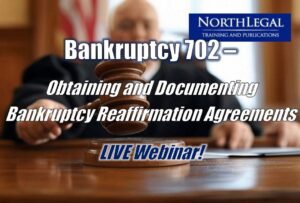
Suffolk County, NY – 25 September 2018 – A class action lawsuit filed in New York claims the County of Suffolk’s employees unlawfully released impounded vehicles to Lenders without providing proper notice to the vehicles’ owners of the lenders intentions or the opportunity to dispute the release of their vehicles for repossession.
The lawsuit also makes claim against the Village of Westhampton Beach, the Town of East Hampton, the Incorporated Village of Southampton, and M&T Bank for their alleged participation in the practice.
According to the claim, the process of allegedly unlawful events begins when the township defendants release vehicles seized during arrests to the lenders by the County of Suffolk without the car owners’ permission “or an opportunity to be heard prior to such unauthorized transfer.” Instead of filing forfeiture actions against the cars’ owners as part of proper judicial process, the County defendants allegedly attempted to contact lienholders and leasing companies, who may have had an interest in the seized vehicles, informing them of their opportunity to repossess the cars by merely filling out “standard form agreements” and paying “storage fees” that typically range between $4,000 and $6,000, the claim alleges.
The lawsuit also claims that the vehicle’s owners in many cases, were not informed that their cars have been released until they are contacted by the Lenders with demands for the entire loan balance owed plus the storage fees paid by the Lenders.
The case argues that this practice is unlawful and violates “due process constraints made clear in Alexandre v. Cortes,” during which The U.S. Court of Appeals for the Second Circuit ruled that municipalities cannot release seized vehicles to third parties without the owners’ consent unless the owners are afforded notice and an opportunity to challenge the release.
The lawsuit alleges that the defendants were fully aware that this practice is unlawful and cites several written communications wherein attorneys for lienholders and leasing companies with a security interest advised the defendants that their procedures run afoul of precedent set by the previous court ruling.
The case argues that the defendants’ process attempts to avoid judicial oversight and robs individuals of the right to reclaim their property. From the complaint:
“The plaintiff asserts that the defendants herein deprived both the plaintiff, and hundreds of others who are similarly situated, of their respective property interests in their ownership, possession, and use of motor vehicles, without Due Process of law.”
Source: ClassAction.org











Facebook Comments